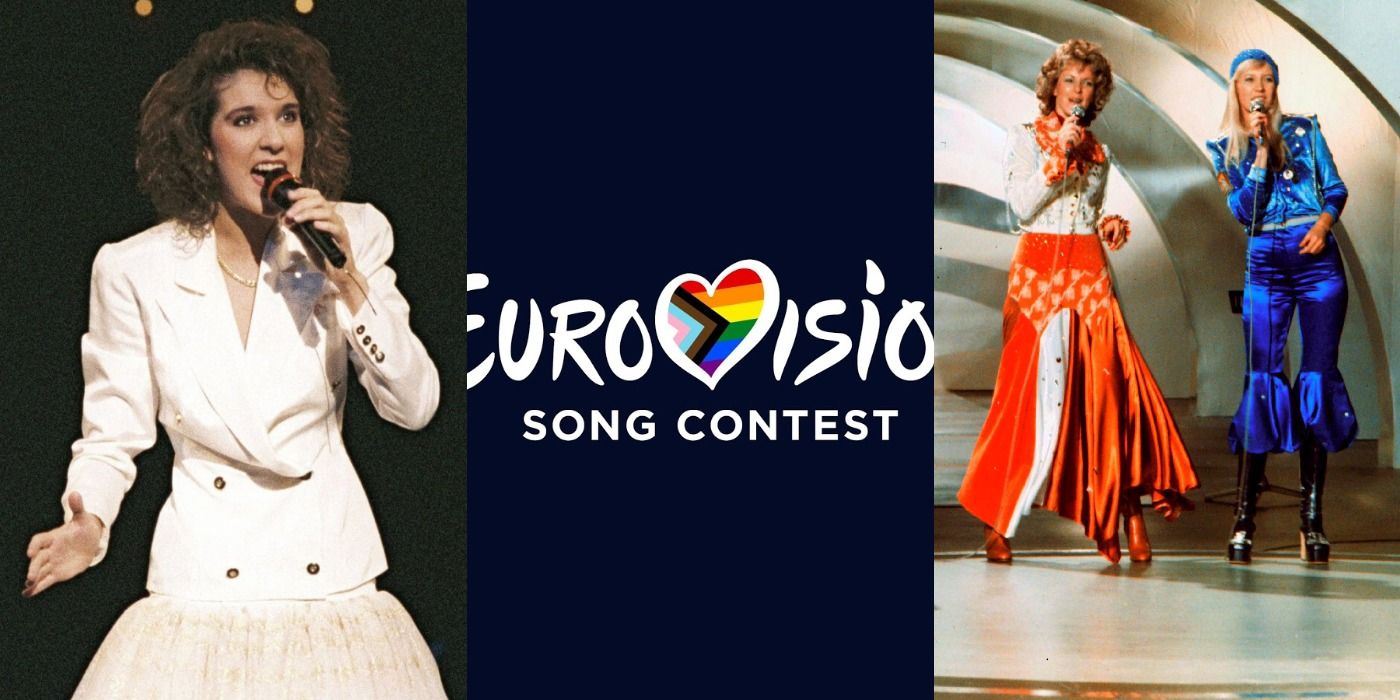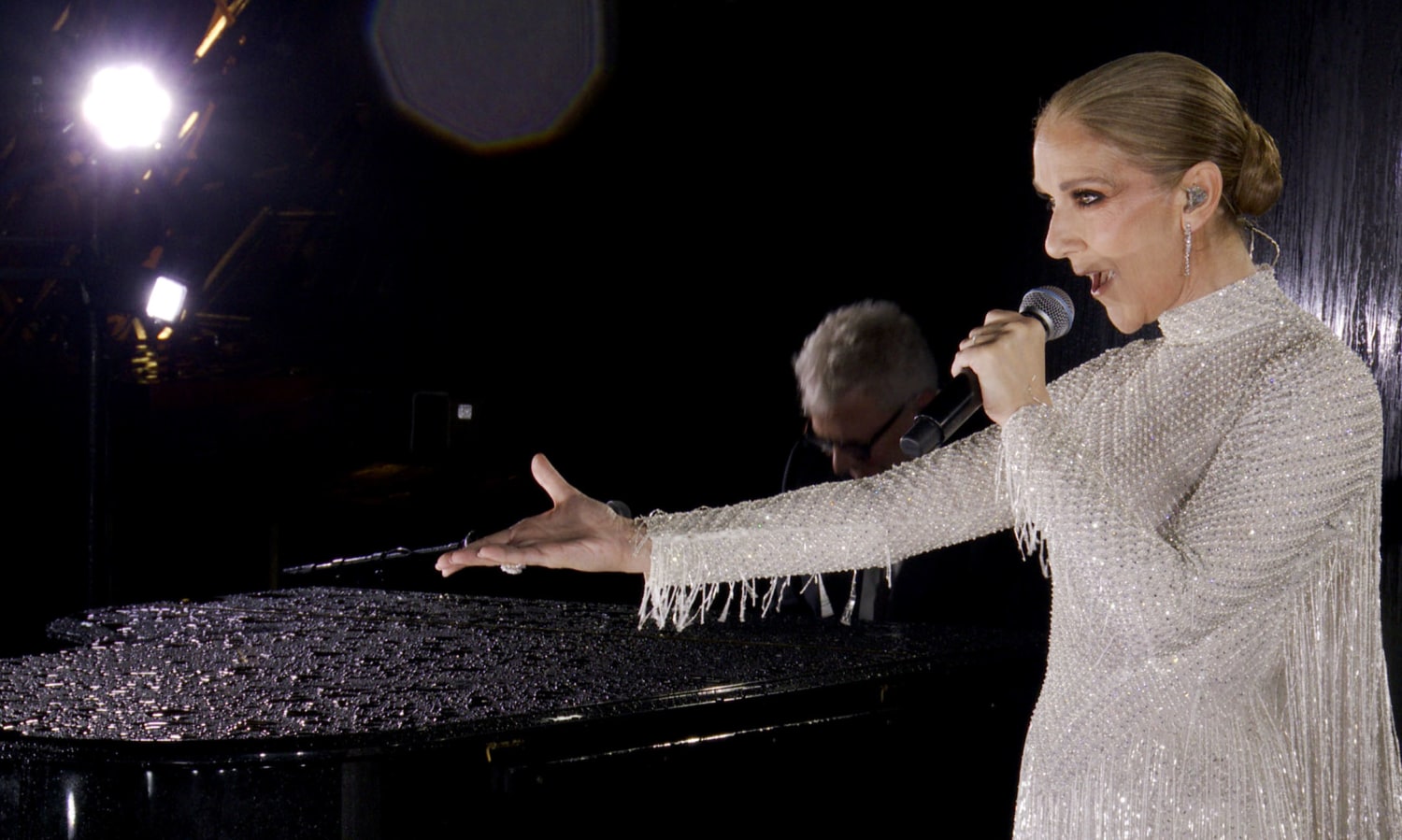Celine Dion, the iconic Canadian singer with a powerhouse voice, has captivated audiences worldwide with her stunning performances. Besides her vocal prowess, one intriguing aspect that often sparks curiosity is her unique accent. Fans and critics often wonder, “What accent does Celine Dion have?” With a career spanning decades and fans across the globe, Dion’s accent has been a subject of fascination and debate. In this blog, we delve into the nuances of Celine Dion’s accent, exploring the influences that have shaped her distinctive way of speaking. Join us as we unravel the mystery behind Celine Dion’s accent and gain a deeper understanding of this beloved artist.
Montréal, les mots me manquent pour exprimer toute ma gratitude. 🙏 Cette dernière semaine a été incroyable et rien n’équivaut au sentiment d’être à la maison… Merci pour l’amour inconditionnel. ❤️ – Céline
📸: Annie Paquin/OSA Images#CourageWorldTour https://t.co/LUg7ewBVTh pic.twitter.com/xcsTxEBecV— Celine Dion (@celinedion) November 23, 2019
Who is Celine Dion?
Celine Dion is a Canadian singer known for her powerful vocals and iconic career in the music industry. She rose to fame in the 1980s and has become one of the best-selling artists ever.
Early Life and Career
**Celine Dion** was born on March 30, 1968, in Charlemagne, Quebec, Canada. She began singing at a young age and gained **international stardom** with hits like “My Heart Will Go On.” She has won multiple Grammy Awards and continues to captivate audiences worldwide.
Personal Life
Celine Dion is a mother of three and was married to her manager, René Angélil, until his passing in 2016. She is known for her philanthropic efforts and **engages in charitable work** around the globe.
- Charitable Work
- Family Life

Understanding Accents
Accents are unique speech patterns that reflect a person’s background, region, or language influence. Celine Dion’s accent has been a topic of curiosity among fans and critics alike.
French-Canadian Origin
Celine Dion hails from Charlemagne, Quebec, Canada, influencing her accent. Her French-Canadian roots are evident in her pronunciation and intonation.
Despite singing predominantly in English, Dion’s native accent occasionally surfaces when she speaks or performs.
Evolution of Accent
Over the years, Celine Dion’s accent has undergone subtle changes due to her extensive international exposure and career in the music industry.
- Her accent has become more neutral and polished, reflecting her adaptability to different audiences worldwide.
- The blend of her Canadian roots and global experiences has shaped her unique vocal delivery and accent.
Celine Dion’s Background
Celine Dion, a Canadian singer, was born in Charlemagne, Quebec, on March 30, 1968. She rose to fame in the 1980s and is renowned for her powerful vocals and emotional delivery in her songs.
Early Life and Career
At the young age of 12, Celine Dion recorded her first song. By 1981, she had won a gold medal at the Yamaha World Popular Song Festival in Tokyo, Japan, propelling her career forward.
Throughout the 1990s, Celine achieved international success with hits like “My Heart Will Go On” from the movie “Titanic,” solidifying her as a global icon.
Personal Life
**Celine Dion married her manager, René Angélil, in 1994 and had three children with him. Tragically, René passed away in 2016, but Celine continues to honor his memory.

Debunking the Myth About Celine Dion’s Accent
There has been much speculation about Celine Dion’s accent, with many wondering what accent Celine Dion has.
The Truth Revealed
Contrary to popular belief, Celine Dion’s accent is often described as a mix of a French-Canadian accent with a slight American influence.
It’s important to note that accents can vary depending on the region a person grows up in and the languages they are exposed to.
Evolution of Her Accent
Over the years, Celine Dion’s accent has evolved as she has spent significant time performing in English-speaking countries.
This exposure has naturally influenced how she speaks, leading to a more neutral accent than her earlier years.

Influences on Celine Dion’s Accent
Celine Dion’s Quebecois heritage influences her accent. Growing up in Charlemagne, Quebec, a predominantly French-speaking area, she developed a distinctive Quebec French accent.
Quebecois Heritage
Her roots in Quebec and early exposure to the French language shaped how she speaks.
Multilingualism
Aside from French, Celine is proficient in English due to her international success. This multilingualism enhanced her accent versatility.
- English
- French
Comparing Celine Dion’s Accent to Others
When we discuss Celine Dion’s accent, it’s fascinating to compare it to that of other famous singers. Celine Dion, known for her powerful voice, hails from Quebec, Canada. Her accent carries hints of her French-Canadian background, giving her a unique charm.
Celine Dion’s French-Canadian Accent
Celine Dion’s French-Canadian accent adds a touch of elegance to her singing. It sets her apart from other artists and resonates with fans worldwide.
Comparison with Adele’s British Accent
On the other hand, Adele’s British accent shines through in her interviews and performances. Her distinct pronunciation has become a trademark of her persona.
Image Comparison of Celine Dion and Adele
For a visual representation, let’s compare Celine Dion and Adele:
Public Perception vs. Reality
Regarding the question, “What accent does Celine Dion have,” there is a stark difference between public perception and reality. While many may assume Celine Dion has a French-Canadian accent due to her Quebecois background, the reality is quite different.
Public Perception: French-Canadian Accent
There is a common misconception that Celine Dion speaks with a distinct French-Canadian accent in her everyday speech. Her Quebecois heritage and upbringing often fuel this perception.
Reality: Neutral or Transatlantic Accent
In reality, Celine Dion’s accent is often described as neutral or transatlantic, influenced by her international career and exposure to various languages and cultures. This accent allows her to appeal to a global audience without regional linguistic bias.
Her pronunciation is clear and precise, making her singing voice easily understandable across different languages and audiences.
Impact of Celine Dion’s Accent on Her Career
Celine Dion’s unique accent, a mix of French-Canadian and American English influences, has significantly shaped her career. Her distinctive way of pronouncing words adds character to her singing, setting her apart from other artists.
The Charm of Celine Dion’s Accent
Her accent has charmed audiences worldwide, making her a truly international artist. Fans appreciate the authenticity and warmth her accent brings to her performances, creating a deeper connection with her music.
Furthermore, Celine’s accent has helped her stand out in the competitive music industry, garnering attention and praise for her individuality.
Cultural Influence
Celine Dion’s accent reflects her French-Canadian heritage, adding a touch of diversity to her music and image. This cultural connection has endeared her to fans from different backgrounds, expanding her fan base globally.
- Her accent reminds her of her roots, keeping her grounded amidst her international success.
Challenges and Benefits of Having a Unique Accent
A unique accent, such as Celine Dion’s, can pose challenges and benefits in various aspects of life.
Challenges
One challenge of having a distinctive accent is potential miscommunication or misunderstandings, especially in professional settings.
People may also make assumptions or judgments based on the accent, leading to biases or stereotypes.
Benefits
On the positive side, a unique accent can make an individual stand out and be memorable in social interactions.
It can also be a valuable cultural asset, showcasing diversity and adding a rich flavor to conversations.
Frequently Asked Questions
- What accent does Celine Dion have?
- Celine Dion is originally from Quebec, Canada, and her native French-Canadian background influences her accent, which contributes to her unique way of speaking.
- Why does Celine Dion’s accent stand out?
- Celine Dion’s accent stands out because of the way she pronounces certain words and phrases, which reflect her Quebecois French roots. Her accent adds to her charm and distinguishes her from other singers.
- Has Celine Dion’s accent changed over the years?
- While Celine Dion’s accent has remained fairly consistent over the years, living and working in different parts of the world may have influenced slight changes in her speech patterns. However, her core accent still reflects her French-Canadian heritage.
- How does Celine Dion’s accent affect her singing career?
- Celine Dion’s accent has not limited her singing career in any way. IHeraccent is part of her identity and is often celebrated by her fans. It adds a unique touch to her performances and sets her apart from other artists.
- Is Celine Dion’s accent an important part of her persona?
- Yes, Celine Dion’s accent is essential to her persona. It adds authenticity to her character and resonates with her origins. Her accent has become a recognizable feature that fans appreciate and love.
Unveiling Celine Dion’s Accent: Understanding Her Unique Vocal Sound
After delving into the question of “What accent does Celine Dion have,” it becomes evident that her accent is a blend of influences from her Canadian-French roots and her decades-long career in the English-speaking music industry. Celine Dion’s voice reflects a unique vocal sound transcending traditional accents, captivating audiences worldwide with its expressive power and technical prowess.
Exploring Celine Dion’s accent sheds light on her background and highlights the universality of music as a language that transcends linguistic boundaries. While debates may continue about the specifics of her accent, one thing remains clear – Celine Dion’s voice is a testament to the beauty of diversity and talent in the music industry.
In summary, Celine Dion’s accent is a melodic fusion of her rich heritage and international success, showcasing the power of music to connect people across cultures and languages.
